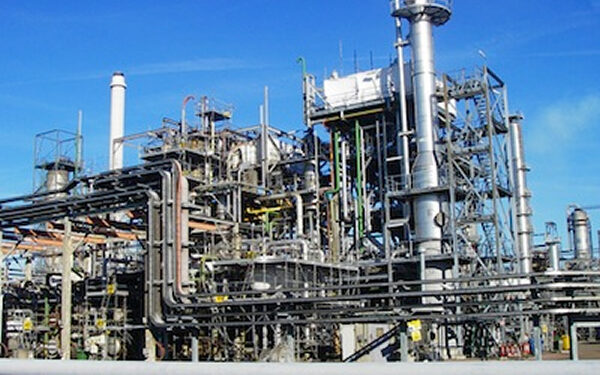After multiple delays, the Port Harcourt Refinery Company has resumed fuel production, with the Nigerian National Petroleum Company Limited (NNPCL) confirming the daily dispatch of about 200 trucks of refined products. On Tuesday, the refinery released its first one million liters of petrol, marking a significant milestone for the previously dormant facility.
The revamped refinery, with an upgraded capacity of 60,000 barrels per day (bpd), is currently operating at 70% efficiency. NNPCL Group CEO Mele Kyari announced plans to increase capacity to 90% soon. However, the larger Eleme plant, with a capacity of 150,000 bpd, remains non-operational, with no clear timeline for completion as directed by President Bola Tinubu.
Kyari reassured stakeholders during the unveiling of the facility, where samples of petrol, diesel, and kerosene were demonstrated. Key regulators and marketers expressed optimism, with the Chief Executive of the Nigerian Midstream and Downstream Petroleum Regulatory Authority, Farouk Ahmed, predicting improved fuel availability across the country.
Ahmed also stated that with the combined contributions of the Dangote Refinery and Port Harcourt Refinery, Nigeria could transition from a net importer to a net exporter of petroleum products. He added that increased supply would create competition and drive down fuel prices.
However, some industry experts raised concerns, claiming the facility lacks a catalytic platform unit necessary for full petrol production. NNPCL dismissed these claims, explaining that the refinery utilizes global-standard blending methods to produce fuel, incorporating crack C5 from Indorama Petrochemicals.
Marketers hailed the development, with PETROAN and IPMAN leaders describing it as a game-changer for the sector. They emphasized that competition between state-owned and private refineries would improve pricing and distribution while boosting local economies and job creation.
Meanwhile, President Tinubu has urged the expedited rehabilitation of the Warri and Kaduna refineries. He praised the efforts of the NNPCL leadership and commended the African Export-Import Bank for financing the project. Tinubu reaffirmed his administration’s commitment to energy sufficiency, pledging to end Nigeria’s reliance on imported refined products.
With the Port Harcourt refinery operating and further upgrades underway, stakeholders hope this marks the beginning of a revitalized downstream oil and gas sector in Nigeria.
























